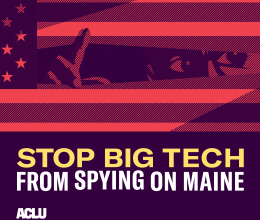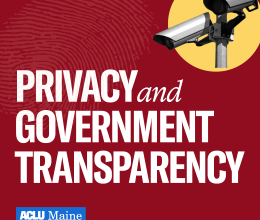Tomorrow the ACLU will appear in a federal courtroom in New York City to argue that the NSA's mass call-tracking program violates Americans' constitutional rights of privacy, free speech, and association, and that it goes far beyond what Section 215 of the Patriot Act authorizes.
Our lawsuit, ACLU v. Clapper, was filed just a week after The Guardian published on June 5 the first of many disclosures based on documents obtained from NSA whistleblower Edward Snowden. We discovered then that the Foreign Intelligence Surveillance Court (FISC) had secretly ordered a subsidiary of Verizon to produce to the government the call records of every one of its customers over a 90-day period. Shortly thereafter, intelligence officials confirmed that the secret court order revealed by The Guardian belongs to a much broader program that leaves almost no American phone call untouched by the NSA.
We aren't just fighting this battle in the courts though. The more we learn, the clearer it becomes that our surveillance laws and oversight rules are in dramatic need of reform that we can't count on the judiciary to remedy.
An important first step would be passage of the USA Freedom Act, a bill that seeks to rein in the NSA by doing the following:
- End the bulk collection of Americans' records shared with third parties and put reasonable limits on Patriot Act powers targeted at people in the United States. The new restrictions would apply not only to phone records collected under Section 215 of the Patriot Act, but national security letters and pen registers that have also been abused.
- Amend the 2008 FISA Amendments Act to require the government obtain a court order before using information about Americans collected during foreign intelligence operations.
- Increase transparency by allowing communications providers to disclose the number of surveillance orders they receive, mandate the government publish how many people are subject to surveillance orders, and make public significant FISA court opinions since July 2003.
- Create a public advocate that could advise the secret surveillance court in certain cases.
You can read more about the USA FREEDOM Act here.







